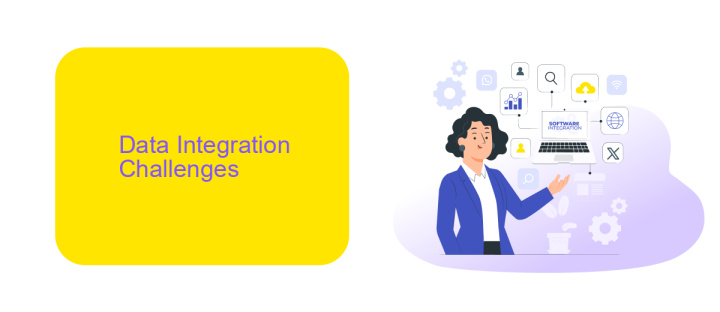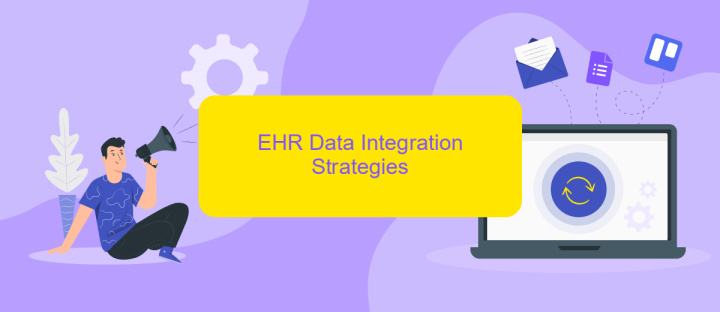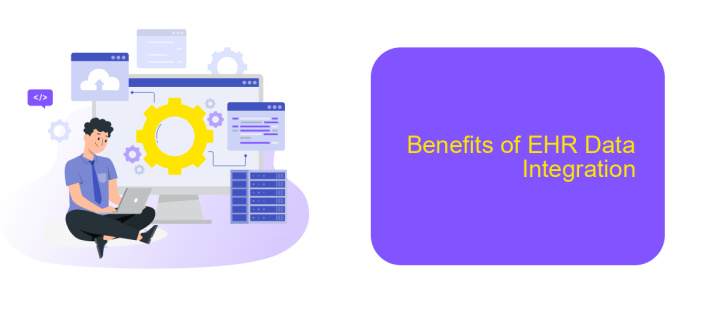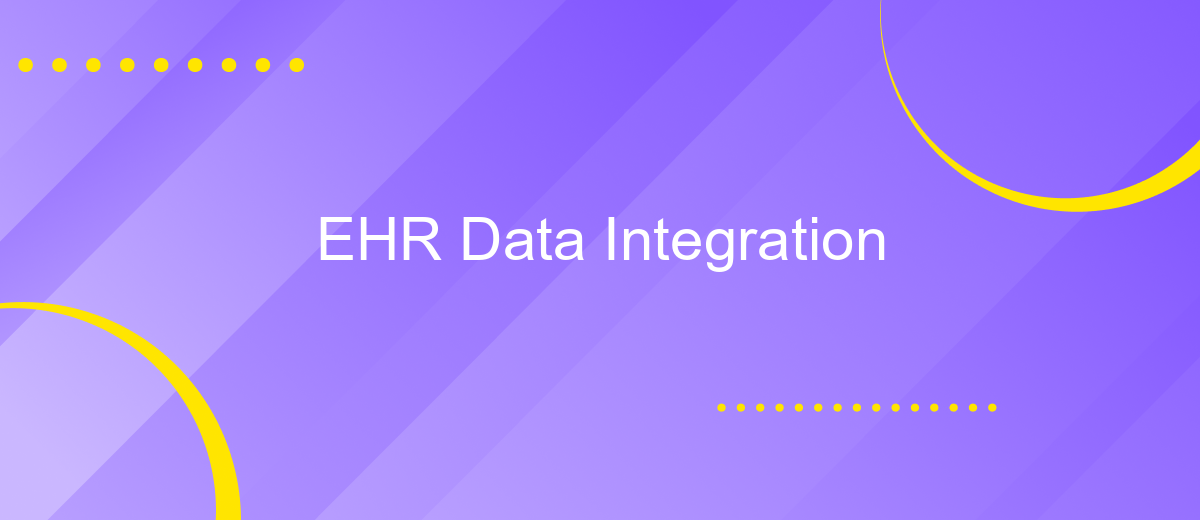EHR Data Integration
Integrating Electronic Health Records (EHR) data is crucial for enhancing patient care, streamlining operations, and enabling comprehensive data analysis in healthcare. This process involves merging diverse data sources into a unified system, ensuring accuracy, accessibility, and security. Effective EHR data integration can lead to improved clinical outcomes, reduced costs, and a more cohesive healthcare ecosystem.
Introduction
Electronic Health Records (EHR) data integration is crucial for improving patient care and streamlining healthcare operations. By integrating EHR data, healthcare providers can access comprehensive patient information, leading to more accurate diagnoses and effective treatments. The seamless exchange of data between different healthcare systems ensures continuity of care and enhances overall healthcare delivery.
- Improved patient outcomes through comprehensive data access
- Enhanced coordination between healthcare providers
- Reduction in medical errors and redundant tests
- Increased efficiency in healthcare operations
One of the key challenges in EHR data integration is the compatibility between various systems. Services like ApiX-Drive offer solutions for automating data exchange between disparate healthcare systems, ensuring that information flows smoothly and securely. By leveraging such integration services, healthcare providers can overcome interoperability issues and focus on delivering high-quality patient care.
Data Integration Challenges

Integrating Electronic Health Records (EHR) data presents numerous challenges, primarily due to the diverse range of systems and standards used by healthcare providers. Data discrepancies, such as variations in terminologies, formats, and coding systems, can lead to inconsistencies and inaccuracies when merging datasets. Ensuring data quality and maintaining patient privacy while complying with regulatory standards like HIPAA further complicates the integration process.
Moreover, the technical aspects of integrating EHR data require robust solutions to handle real-time data synchronization and interoperability. Tools like ApiX-Drive can facilitate this process by offering automated workflows and seamless connectivity between different healthcare systems. By leveraging such services, healthcare providers can streamline data integration, minimize manual errors, and enhance the overall efficiency of their data management practices. However, continuous monitoring and updates are essential to adapt to evolving healthcare standards and technologies.
EHR Data Integration Strategies

Effective EHR data integration is paramount for enhancing healthcare delivery and ensuring seamless information exchange between systems. Implementing robust strategies can facilitate this process, ensuring data accuracy, security, and accessibility.
- Standardization: Utilize standardized data formats and protocols, such as HL7 and FHIR, to ensure interoperability between different EHR systems.
- API Integration: Leverage APIs to enable real-time data exchange and integration. Services like ApiX-Drive can simplify this process by providing user-friendly tools for connecting various applications and automating data flows.
- Data Mapping: Ensure accurate data mapping between systems to maintain data consistency and integrity. This involves aligning data fields and formats across different platforms.
- Security Measures: Implement robust security protocols, including encryption and access controls, to protect sensitive patient information during data exchange.
- Regular Audits: Conduct regular audits and monitoring to identify and rectify any integration issues promptly, ensuring continuous data quality and compliance.
By adopting these strategies, healthcare organizations can streamline their EHR data integration processes, leading to improved patient care and operational efficiency. Utilizing services like ApiX-Drive can further enhance integration efforts, providing a seamless and automated solution for connecting diverse healthcare applications.
Benefits of EHR Data Integration

Integrating Electronic Health Records (EHR) data offers numerous advantages for healthcare providers and patients alike. By seamlessly combining data from various sources, healthcare professionals can gain a comprehensive view of a patient's medical history, leading to better-informed decisions and improved patient outcomes.
One significant benefit of EHR data integration is the enhancement of care coordination. When all relevant patient information is readily available, healthcare teams can collaborate more effectively, reducing the risk of errors and ensuring that each patient receives the most appropriate and timely care.
- Improved patient safety through reduced medical errors
- Enhanced efficiency by minimizing redundant tests and procedures
- Better patient engagement and satisfaction
- Streamlined administrative processes
- Facilitation of advanced data analytics for research and quality improvement
Services like ApiX-Drive make the integration process more manageable by providing tools to automate data synchronization between different EHR systems. This not only saves time but also ensures data consistency and accuracy, ultimately contributing to a more effective healthcare ecosystem.


Conclusion
The integration of EHR data is crucial for enhancing the efficiency and accuracy of healthcare delivery. By seamlessly connecting disparate systems, healthcare providers can access comprehensive patient information, leading to improved diagnosis and treatment plans. The implementation of robust integration solutions ensures that data flows smoothly between different platforms, reducing the risk of errors and duplications.
Services like ApiX-Drive offer invaluable support in setting up these integrations, providing user-friendly tools to automate data transfer between EHR systems and other healthcare applications. This not only streamlines the workflow but also ensures data consistency and security. As the healthcare industry continues to evolve, the importance of efficient EHR data integration cannot be overstated, making it a vital component for modern healthcare practices.
FAQ
What is EHR data integration?
Why is EHR data integration important?
What challenges are commonly faced during EHR data integration?
How can healthcare organizations ensure data privacy and security during integration?
What solutions are available for automating and setting up EHR data integration?
Strive to take your business to the next level, achieve your goals faster and more efficiently? Apix-Drive is your reliable assistant for these tasks. An online service and application connector will help you automate key business processes and get rid of the routine. You and your employees will free up time for important core tasks. Try Apix-Drive features for free to see the effectiveness of the online connector for yourself.

